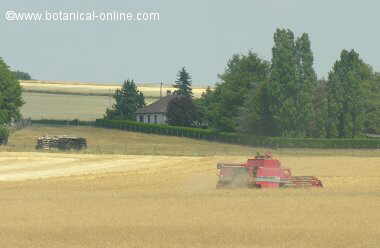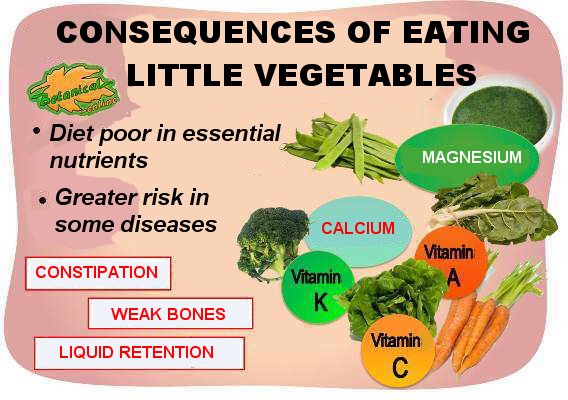Contents
How is vegetarianism changing?
Vegetarianism nowadays
Currently, we use the word vegetarian either to define the attitude or the acts that perform one or more people, related to a way of eating and living. Vegetarianism nowadays covers a range of meanings or positions that originally were not included in that word.
Today, the word vegetarian no longer means and refers only to people whose diet does not allow food of animal origin, or food derived from or obtained from animals. That was a traditional concept intended not to harm animals in any way and above all to respect Mother Nature.
Today, many more variations are contemplated or ways of being and meaning of what we meant by being a vegetarian originally.

A diverse vegetarianism
Although some vegetarians are very strict and constantly attract attention, and may give a generalized wrong image of vegetarianism, there are other less striking vegetarians, who often go unnoticed.
Typically, the more discreet ones are those with a “conscience in their diet”, that’s to say, they try to follow a balanced diet, the most diverse and healthy possible. They enjoy their vegetarian diet so that they do not conceive it as a “waiver” to a range of foods. They are not suffering or longing, but they consider their vegetarianism as a substantial improvement, a pleasure for their body and their senses.
The choice of vegetarianism
We must take into account that a person chooses to be vegetarian by choice and self-motivation. It is a pondered decision on a self-imposed meat abstinence.
Of the many, varied and different reasons why different people choose to make a vegetarian lifestyle derive the various types of vegetarianism that currently exist.
It is true that some types of vegetarianism that are today designated as such, are far from the original meaning of the word vegetarian. But they exist and consider themselves vegetarians, so we must watch them and take them into account.
A vegetarian diet to combat obesity
It has now become fashionable to make vegetarian diets simply for losing weight. People who change their diets solely for this reason have usually not read and informed themselves much about vegetarianism. They simply assume it as “typical restrictive diet” to lose weight.
These people are not considered vegetarians by those carrying a real vegetarian lifestyle. The latter ones have a vegetarian moral and ethics which are not shared by the false vegetarians. Since they do not have in common the same base nor the same principles, they are not considered vegetarians. They simply adopt a purely functional change that usually disappears once their weight has been reduced (At that time they usually go back to their regular diet).
Hazards of performing unbalanced diets
When using vegetarianism for the sole purpose of losing weight, people just do a diet free of animal products, but, without any food balance, no diet can be a healthy diet. This attitude can lead to serious nutritional problems avoidable and unnecessary, due to the passivity and lack of interest of consumer.
It is advised not to realize dietary changes without prior information of how they should be, in order to avoid any gaps that may lead to health problems. |
More about vegetarianism:
– The economy and the profitability of a vegetarian lifestyle.
– Feelings of plants, climate change and environmental pollution.
![]() More information about vegetarianism.
More information about vegetarianism.








